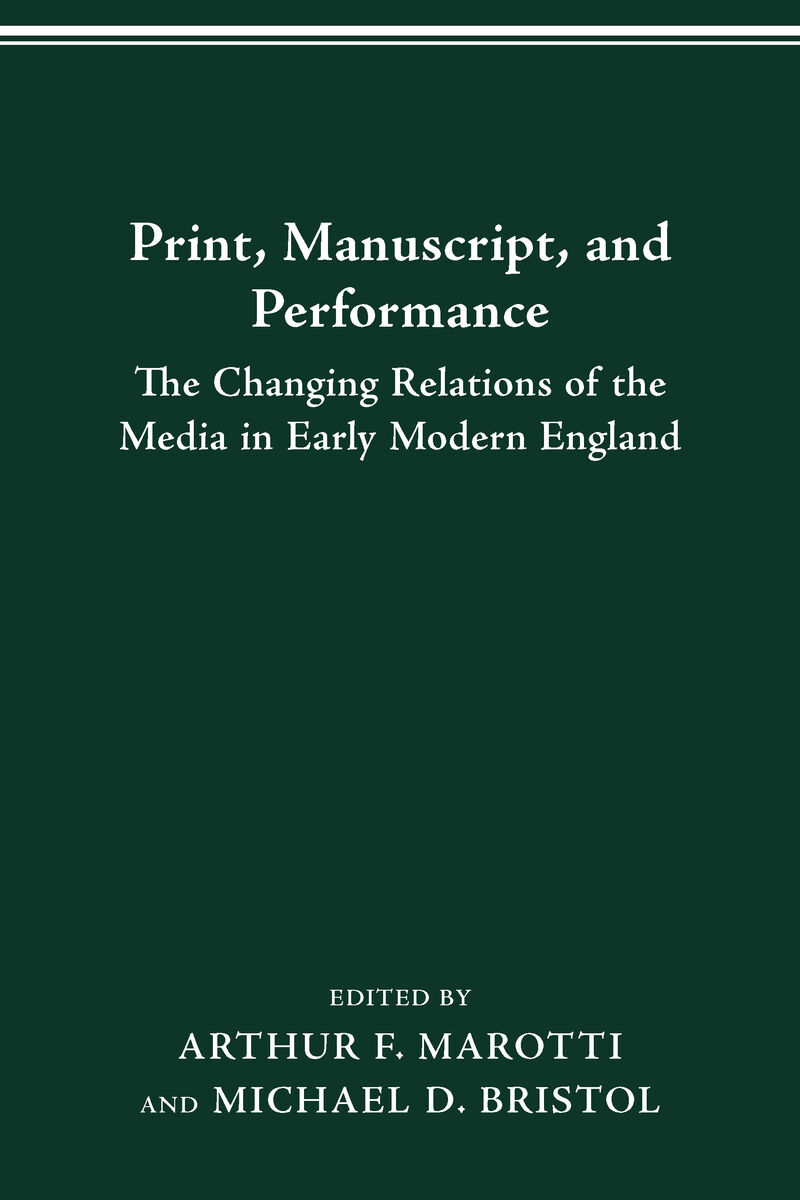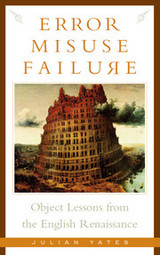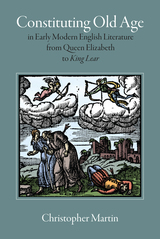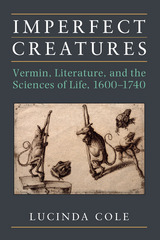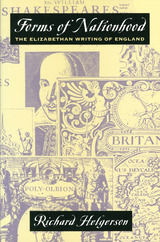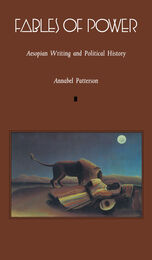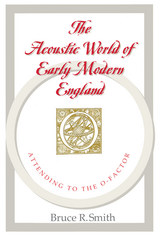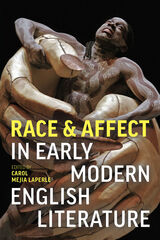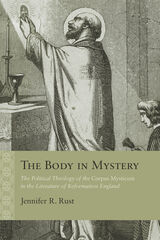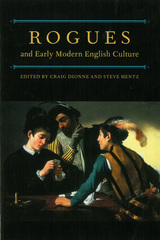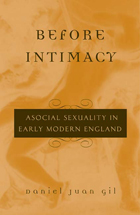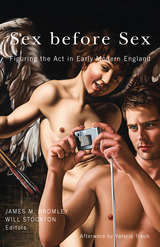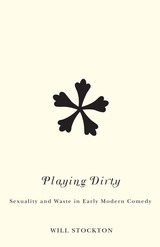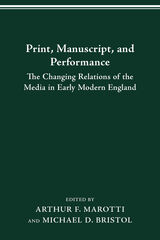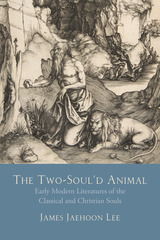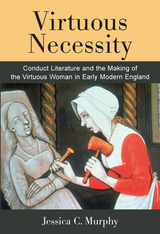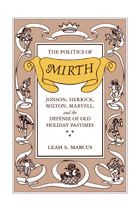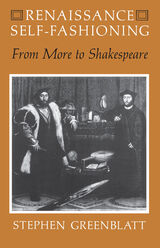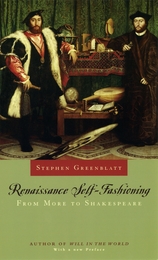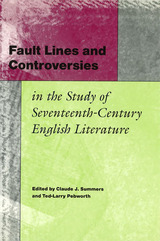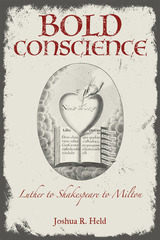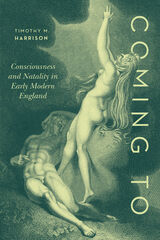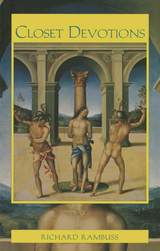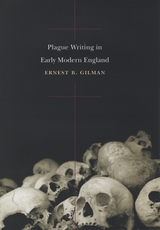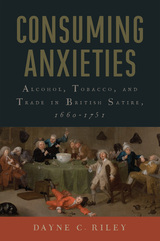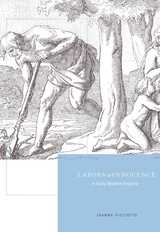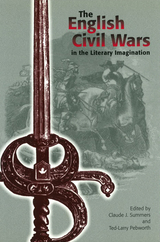PRINT MANUSCRIPT PERFORMANCE: THE CHANGING RELATIONS OF THE MEDIA IN EARLY MODERN ENGLAND
The Ohio State University Press, 2000
eISBN: 978-0-8142-7964-9 | Paper: 978-0-8142-5049-5 | Cloth: 978-0-8142-0845-8
Library of Congress Classification PR428.S64P75 2000
Dewey Decimal Classification 302.224409420903
eISBN: 978-0-8142-7964-9 | Paper: 978-0-8142-5049-5 | Cloth: 978-0-8142-0845-8
Library of Congress Classification PR428.S64P75 2000
Dewey Decimal Classification 302.224409420903
ABOUT THIS BOOK | AUTHOR BIOGRAPHY | TOC
ABOUT THIS BOOK
The eleven essays in this volume explore the complex interactions in early modern England between a technologically advanced culture of the printed book and a still powerful traditional culture of the spoken word, spectacle, and manuscript. Scholars who work on manuscript culture, the history of printing, cultural history, historical bibliography, and the institutions of early modern drama and theater have been brought together to address such topics as the social character of texts, historical changes in notions of literary authority and intellectual property, the mutual influence and tensions between the different forms of “publication,” and the epistemological and social implications of various communications technologies.
Although canonical literary writers such as Shakespeare, Jonson, and Rochester are discussed, the field of writing examined is a broad one, embracing political speeches, coterie manuscript poetry, popular pamphlets, parochially targeted martyrdom accounts, and news reports. Setting writers, audiences, and texts in their specific historical context, the contributors focus on a period in early modern England, from the late sixteenth through the late seventeenth century, when the shift from orality and manuscript communication to print was part of large-scale cultural change. Arthur F. Marotti’s and Michael D. Bristol’s introduction analyzes some of the sociocultural issues implicit in the collection and relates the essays to contemporary work in textual studies, bibliography, and publication history.
Although canonical literary writers such as Shakespeare, Jonson, and Rochester are discussed, the field of writing examined is a broad one, embracing political speeches, coterie manuscript poetry, popular pamphlets, parochially targeted martyrdom accounts, and news reports. Setting writers, audiences, and texts in their specific historical context, the contributors focus on a period in early modern England, from the late sixteenth through the late seventeenth century, when the shift from orality and manuscript communication to print was part of large-scale cultural change. Arthur F. Marotti’s and Michael D. Bristol’s introduction analyzes some of the sociocultural issues implicit in the collection and relates the essays to contemporary work in textual studies, bibliography, and publication history.
See other books on: Early modern, 1500-1700 | Manuscripts, Renaissance | Performing arts | Printing | Transmission of texts
See other titles from The Ohio State University Press
